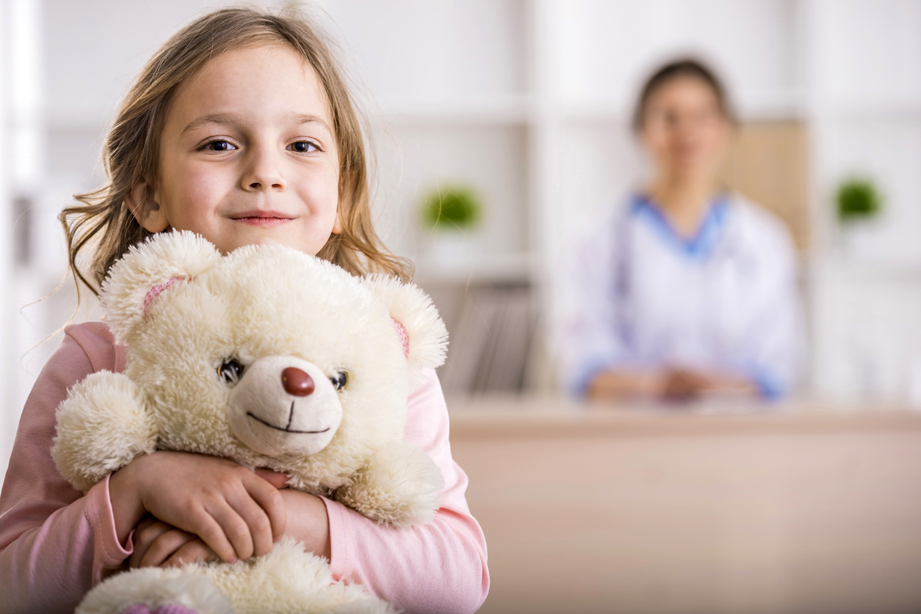The ASD Demonstration Project: Clinical Utility Studies
Project Category: Projects – Cycle I
July 21, 2015

Challenge
An autism spectrum disorder diagnosis gives parents and guardians only an idea of what to expect in the years to come. Even when children start with similar abilities and disabilities, they can go on to develop in a wide variety of ways, with different speeds of skill progression and various additional health conditions. Unfortunately, interventions do not always explain these differences.
Project Summary
Scientists participating in the network’s ASD Demonstration Project wanted to see whether the presence of particular genetic variants and brain abnormalities in kids with autism could predict their trajectories and long-term outcomes.
The researchers utilized a longitudinal study – one that followed families over time instead of interviewing them once about experiences with their child. Participating families provided rich longitudinal data by reporting on how their children’s symptoms and abilities unfolded, as they got older.
Result
This study may ultimately help to enable a personalized approach to guide families and treat kids based on their specific genetic and neurological features. Another possible use for these findings is the early detection of ASD in infants with a diagnosed older sibling. A cohort of these kids, who were “high risk” of autism, provided DNA samples and were tested regularly on their language, cognitive, adaptive and social skills until the age of 36 months, at which time they had a diagnostic assessment. Many of the siblings who did not have ASD nevertheless had other developmental concerns, including language delays and mild social-emotional challenges. The data gained from studying them could inform tools for assessing the gene-based risk of children under two, who are currently the trickiest age group to diagnose. It also allowed researchers to identify early symptoms and behaviours that can be related to autism.
Team
Investigators
Project Leaders
Lonnie Zwaigenbaum, University of Alberta
Stephen Scherer, University of Toronto
Co-Investigators
Peter Szatmari, McMaster University
Eric Fombonne, McGill University
Michael Brudno, University of Toronto
Sal Carbonetto, McGill University
Anne Marie Craig, University of British Columbia
Krista L. Hyde, McGill University
Alan Evans, McGill University
Evdokia Anagnostou, University of Toronto
Geoff Hall, McMaster University
Susan Bryson, Dalhousie University
Isabel Smith, Dalhousie University
Wendy Roberts, University of Toronto
Jessica Brian, University of Toronto
Joanne Volden, University of Alberta
Pat Mirenda, University of British Columbia
Anthony Bailey, Warneford Hospital
Tracy Vaillancourt, University of Ottawa
Fiona Miller, University of Toronto
David Nicholas, University of Calgary
Bridget Fernandez, Memorial University
Collaborators
Andrew Paterson, The Hospital for Sick Children, Toronto
John Vincent, Centre for Addiction and Mental Health
David Stellwagen, McGill University Health Centre
Margot Taylor, Holland-Bloorview Kids Rehabilitation Hospital, The Hospital for Sick Children, University of Toronto
Larry Tuff, McMaster Children’s Hospital, Hamilton Health Sciences
Eric Duku, McMaster University
Marc Woodbury-Smith, McMaster University
Mandi Steinman, Montreal Children’s Hospital
Keith Goulden, Glenrose Rehabilitation Hospital
Margaret Clarke, Child Development Centre, Calgary
Charlotte Waddell, Simon Fraser University
Veronica Smith, University of Alberta
Partners
Applied Biosystems
Illumina Inc.
DNA Genotek Inc.
NIH Autism Sequencing Consortium
Ontario Research Fund GL2 grant for autism genomics
Women and Children’s Health Research Institute
Sinneave Family Foundation
Autism Speaks Canada
Autism Research Training Program